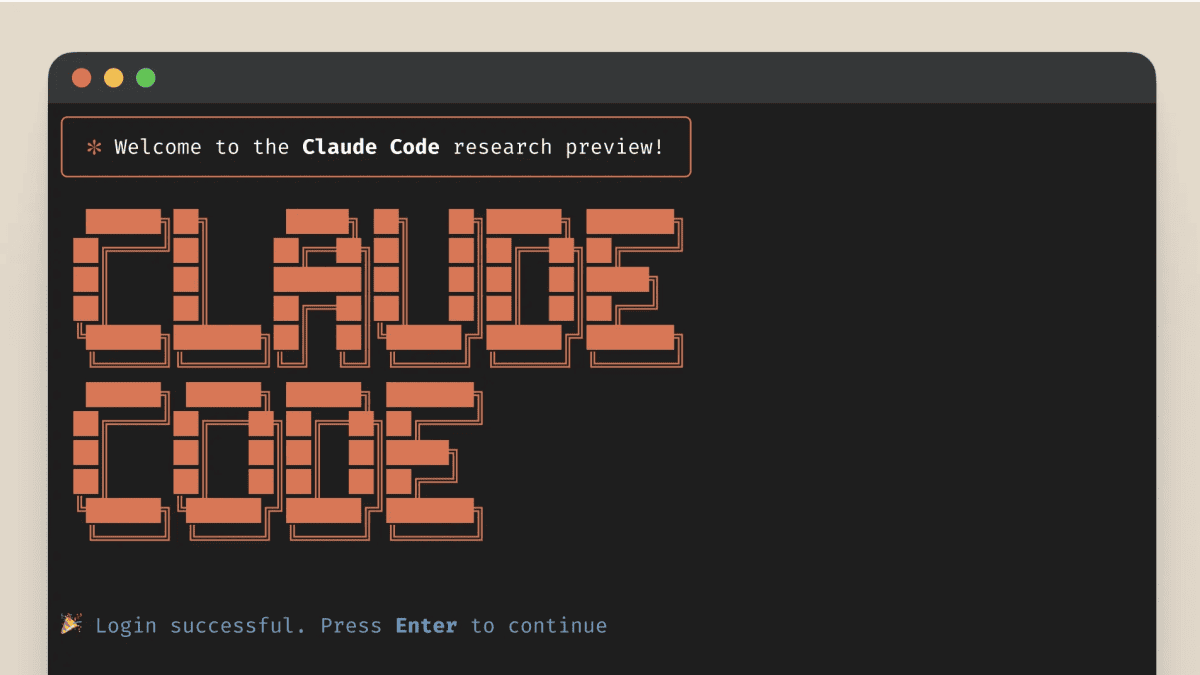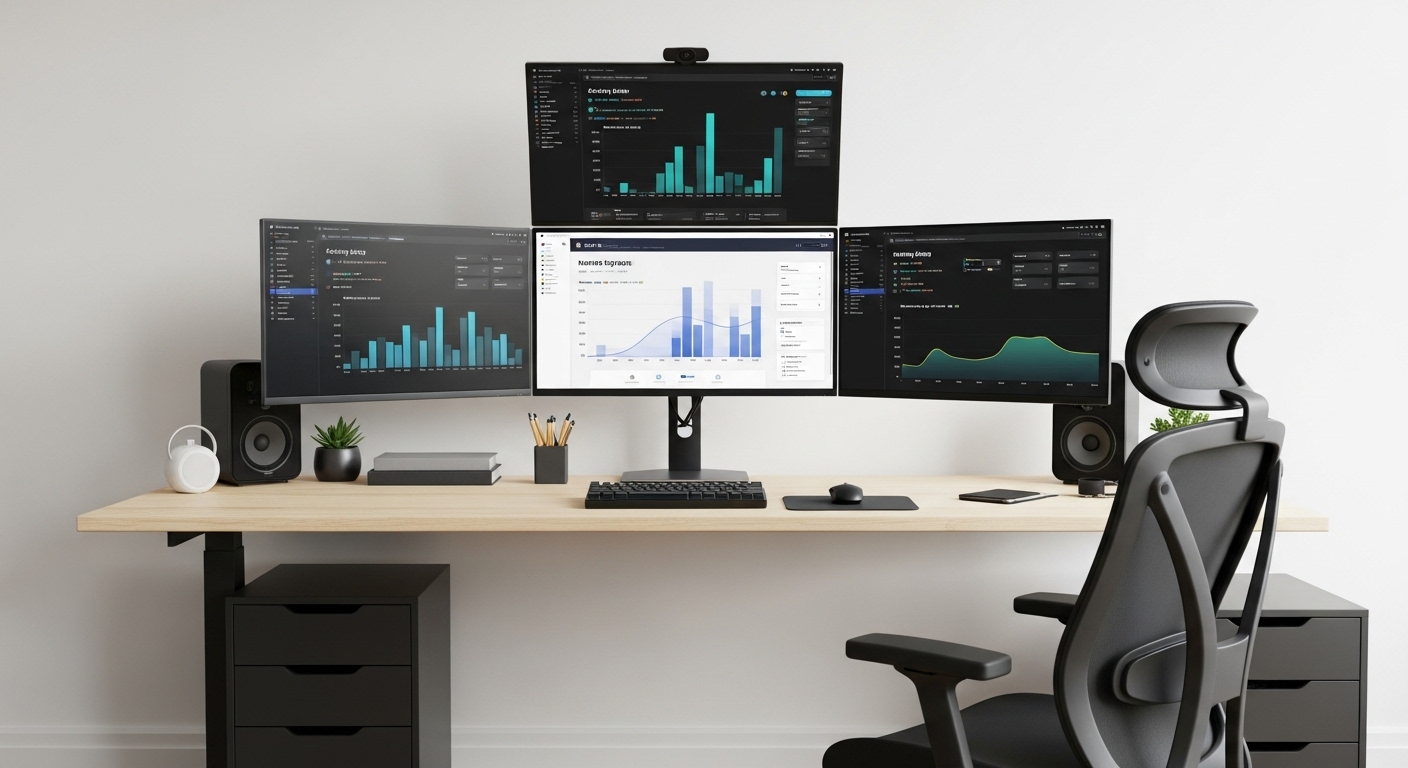Four hours. Thirty dollars. One of my conceptual seed projects. That's all it took for me to realize that Claude Code might be the most impressive AI coding assistant I've tested—and also why I won't be using it.
Don't get me wrong. When I fired it up for a project I had on my list, I was genuinely annoyed at how good it was. The vibe coding capabilities? Exceptional. The context window? Game-changing. The price tag? Well, that's where things get interesting.
The Good, The Bad, and The Expensive
Let me break down what I discovered during my expensive afternoon experiment:
First, the elephant in the room: cost. In just 4 hours of active development, Claude Code burned through $30. For the same work, Cursor (using Claude 4 sonnet MIN) would have cost me maybe $1. That's a 30x difference. Let that sink in.
That being said, Anthropic's PRO plan offers good usage for 20 USD a month, so it's not as bad. If you want more, there's a "company will pay it" plan for 200 USD/month too, in case you want the actual top of the top performance.
But here's the trick—you're paying for something genuinely different. Claude Code maintains ALL the context window, which means it has roughly 3x more memory than Windsurf or Cursor (that's how it feels, at least). The model doesn't forget your business rules, your coding patterns, or those specific restrictions you mentioned three files ago. For complex projects, this is a legitimate game-changer.

Now, let's talk about platform compatibility. If you're on Windows, prepare for frustration. The configuration is complicated and error-prone. Mac and Linux users? You're in luck—it works reliably out of the box.
Features That Actually Matter
Claude Code comes packed with fancy features, and I'll admit, many of them are impressive. But here's what caught my attention:
Image Understanding That Works
Pass it a design concept—or better yet, a bunch of them—and watch the magic happen. It doesn't just "see" the images; it understands them. Need a Tailwind color palette based on your mockups? Done. Want consistent padding, text sizes, and layout configurations? It extracts all of that automatically. This completely destroys my previous SketchToText approach for layout positioning.
The Puppeteer MCP Integration
This is where things get properly futuristic. Claude Code can control a browser, take screenshots automatically, and use them as a feedback loop. Imagine telling your AI, "Make this button look better," and it actually sees what the button looks like, makes changes, checks the result, and adjusts until it's right.
Multiprocessing That Makes Sense
Unlike other tools, Claude Code genuinely understands parallel work. It can split tasks into subtasks and execute them simultaneously, or create a work tree with different implementation branches. Each branch stays aware of the others, and it handles merge conflicts automatically. Sounds familiar? It's basically implementing what I've been calling the "Compress > Think > Break down > Plan > Edit > Execute > Update status" lifecycle of AI Driven Development.

@Tag Integration
This feature alone could revolutionize team workflows. Someone says, "Hey Pablo, the buttons are blue, I want them red". Tag Claude, and it fixes it instantly. Connect it to your pipeline, and it can automatically intervene on commits, issues, or anywhere in your workflow. The potential here is enormous.
Why I'm Not Switching (Yet)
After all this praise, you might wonder why I'm not immediately switching. Here's my reasoning:
Speed isn't my bottleneck. Yes, I could go faster with Claude Code, but speed isn't what's limiting my productivity right now. The real challenge is still in thinking about what to build and how to structure it properly.
My "poor man's versions" work fine. I've already built workflows that accomplish similar results. They might not be as elegant or integrated, but they get the job done at a fraction of the cost.
It's experimental and expensive. For production work where reliability matters, I can't justify the cost or the potential instability. Maybe in six months, but not today.
The industry seems to be pointing towards a future where everyone (not only developers) can create any kind of software application.— Industry Observation
The Bigger Picture
Here's what really matters: the skill ceiling is dropping fast. Tools like Claude Code, Cursor AI's (recent switch to) mobile focus, and Google's Gemini CLI (which is basically free but not worth the hype at all) are all pushing in the same direction.
We're approaching a world where anyone can create software applications through "vibe coding"—no team, minimal skills, just ideas and natural language. The barrier to entry is dissolving, and most advantages are literally one prompt away.
Solopreneurs are going to love this future. Imagine building a complete SaaS product from your phone while sitting in a coffee shop. No DevOps knowledge required (please). No debugging sessions. Just describe what you want, and watch it materialize.

But we're not quite there yet. Despite the impressive capabilities, there's still no reliable tool that truly maximizes AI for feature creation. The human element—understanding business logic, making architectural decisions, and knowing what to build—remains irreplaceable. For now.
Final Verdict
Claude Code is impressive, expensive, and probably unnecessary for most developers right now. If you're on Linux, have deep pockets, and want to experiment with the cutting edge, go for it. Everyone else? Stick with Cursor or your current workflow for now.
The real takeaway isn't about Claude Code specifically—it's about where we're heading. The convergence of better context windows, multimodal understanding, and seamless tool integration means we're maybe 18 months away from a completely different development landscape.
Ready or not, the future of software development is coming, and it looks nothing like what we're used to. The question isn't whether to adopt these tools—it's how to position yourself for a world where everyone can code.
What's your take? Have you tried Claude Code or similar tools? If not, what's holding you back besides pride?
Pablo Dominguez
Full Stack Developer passionate about building interesting projects and learning new skills.